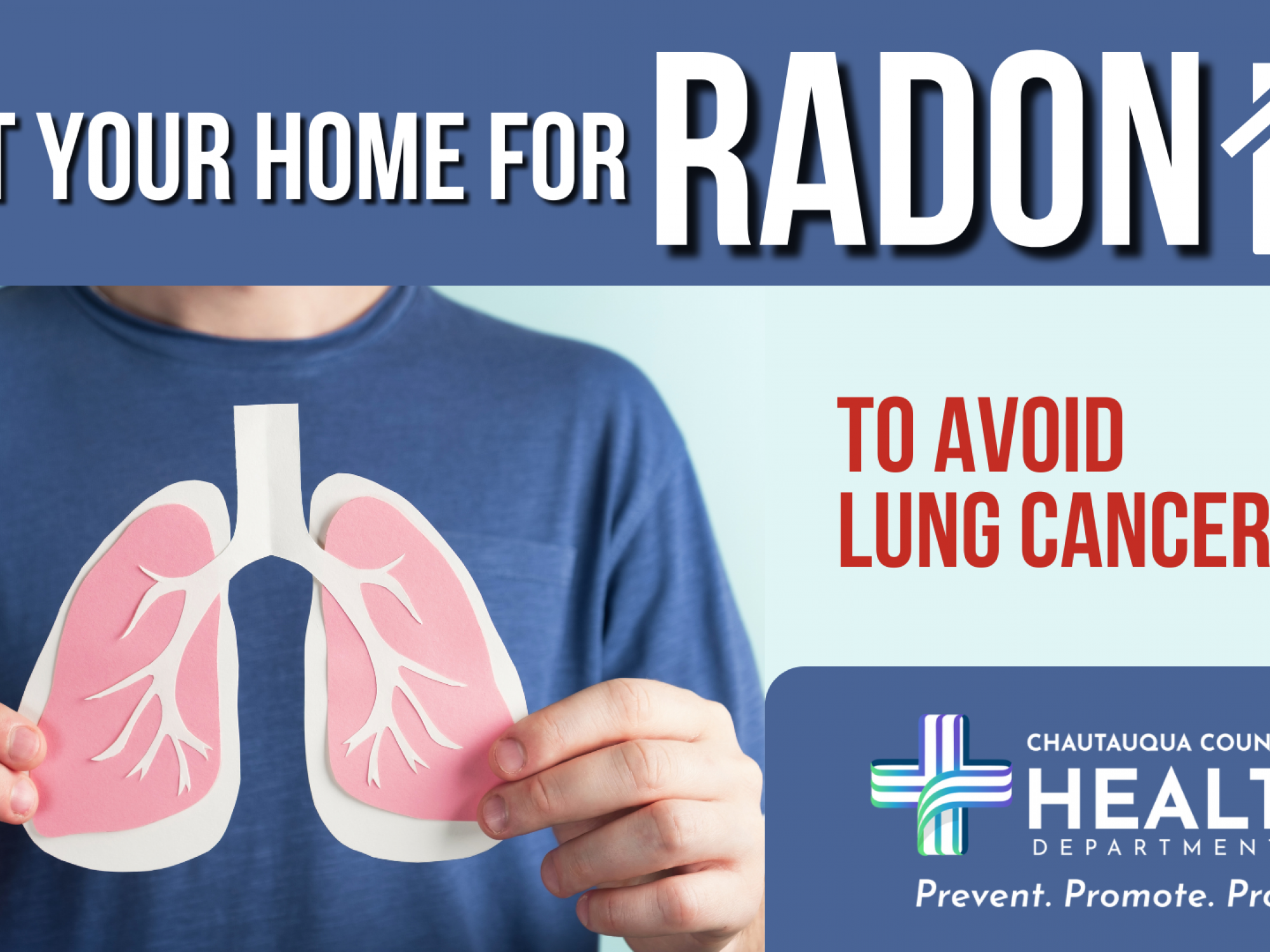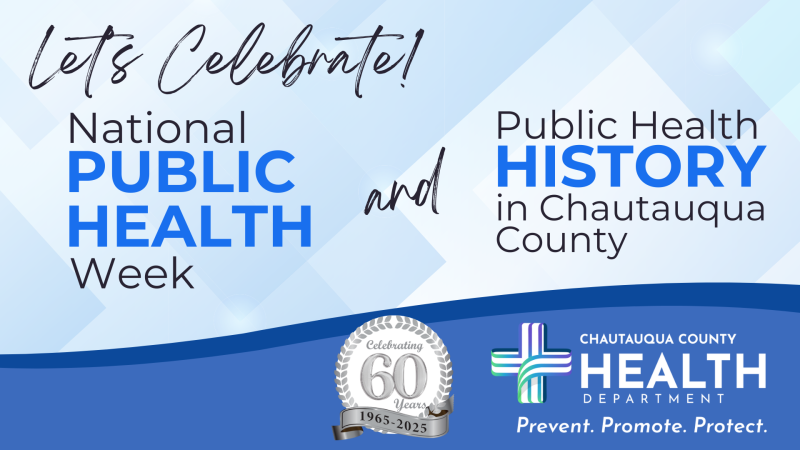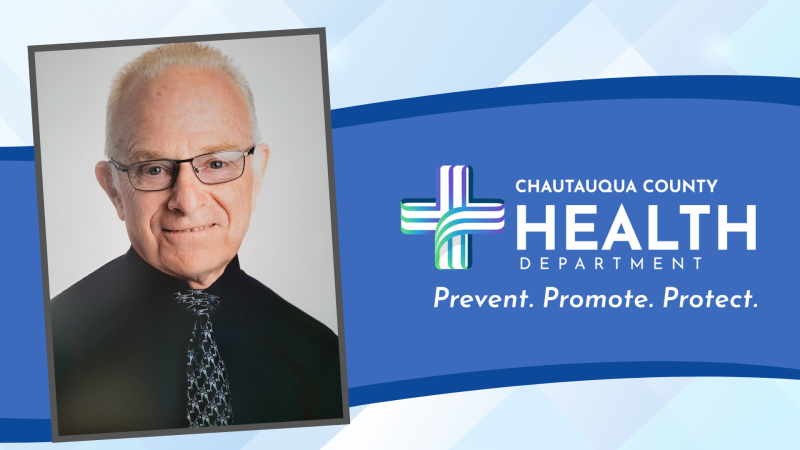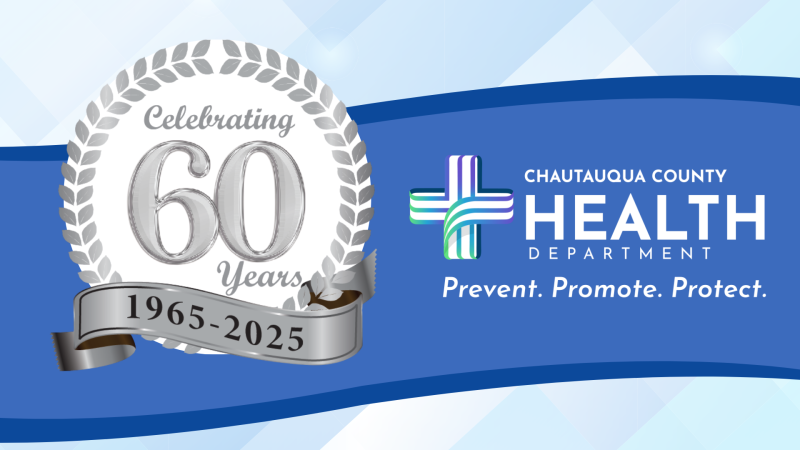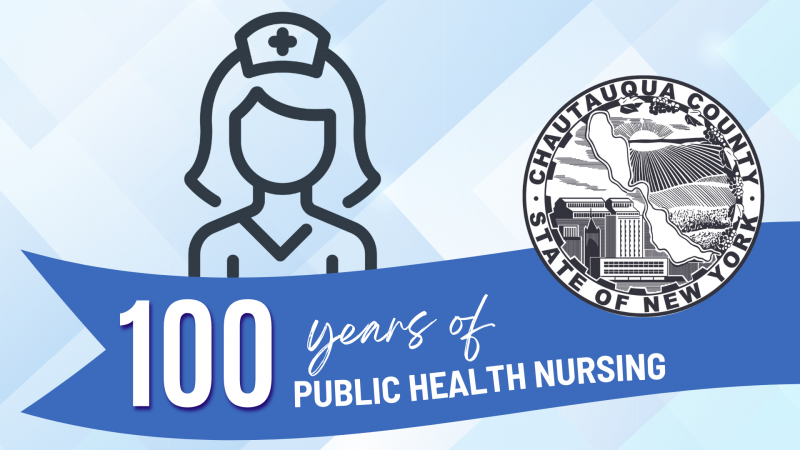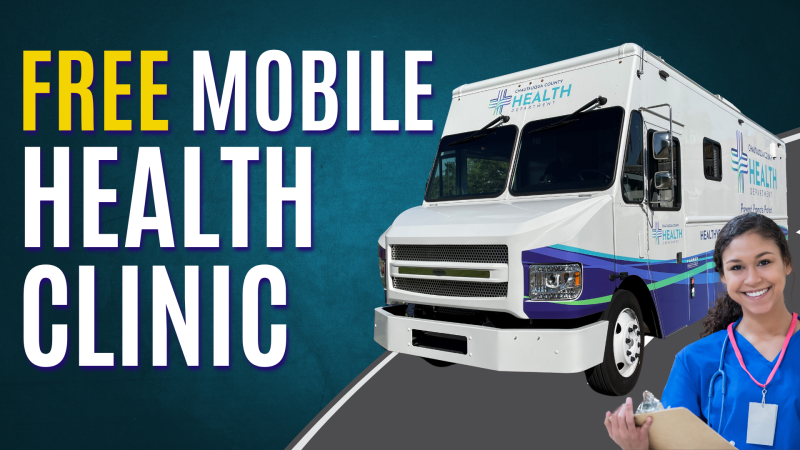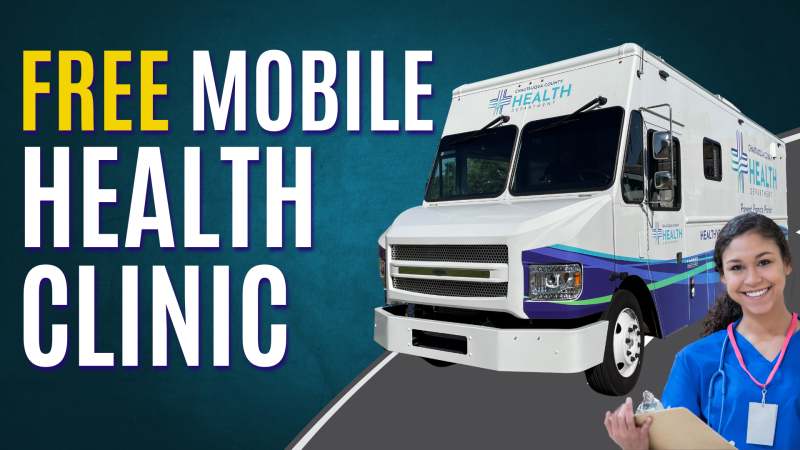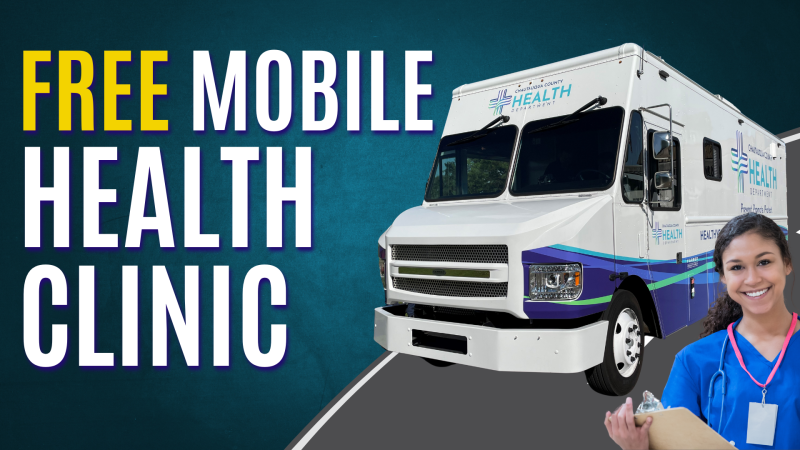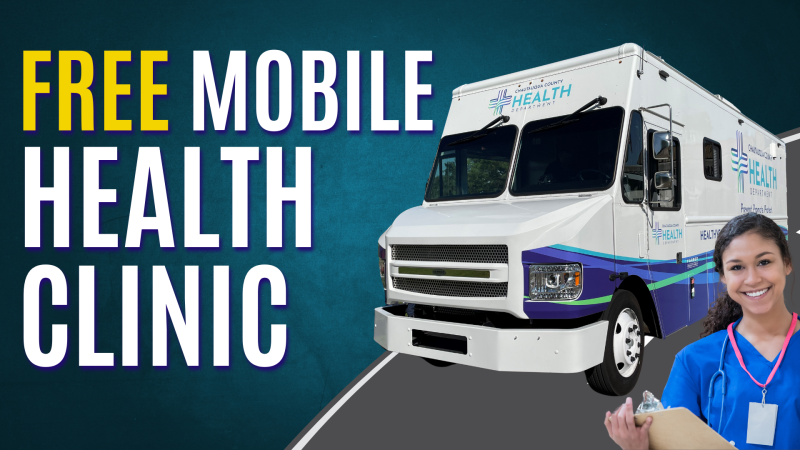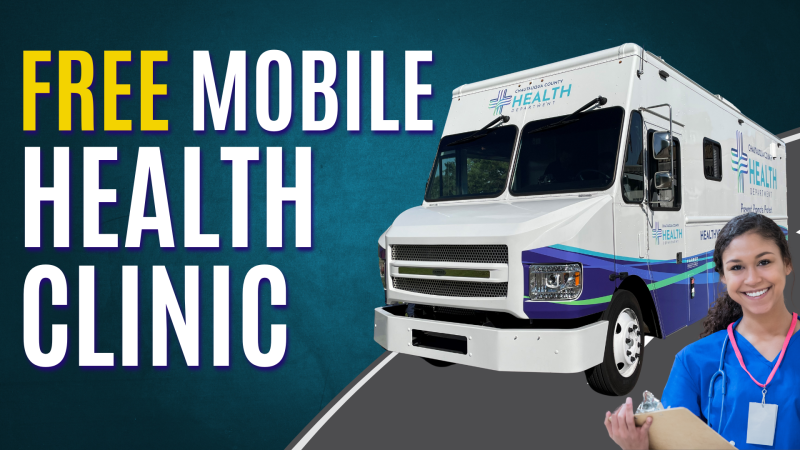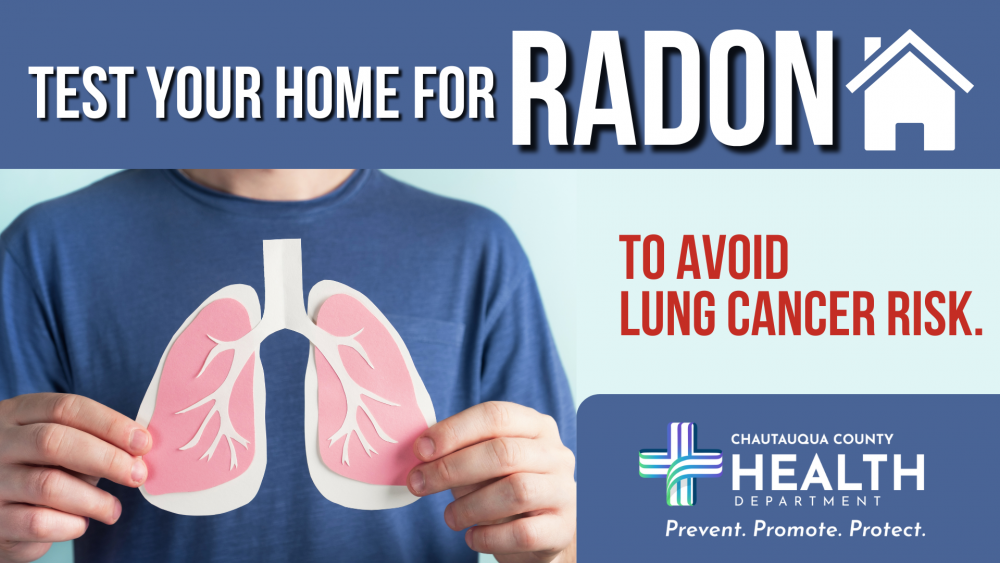
MAYVILLE, N.Y. – National Radon Awareness Week is January 27-31st. Radon is the second leading cause of lung cancer deaths. In an effort to protect the public’s health in the county, the Chautauqua County Health Department encourages residents to test their homes for radon to determine if they are at risk of radon exposure.
Radon is an odorless, invisible, radioactive gas naturally released from rocks, soil, and water. Radon can get into homes and buildings through soil, small cracks or holes in your home's foundation, or through water from a well or sump pump pit. Because radon is a heavy gas, the radon levels in a structure will be higher in lower floors such as a basement. Over time, breathing in high levels of radon can cause lung cancer.
Radon can build up in the air of homes and buildings. When you breathe in radon, its radioactive decay products can get trapped in your lungs. Over time, these radioactive materials increase the risk of lung cancer. It may take years before health problems appear.
The U.S. Environmental Protection Agency (EPA) estimates that radon causes about 21,000 lung cancer deaths in the United States each year. Radon is the second leading cause of lung cancer deaths after cigarette smoking. People who smoke and are exposed to radon have a 10 times greater risk of developing lung cancer from radon exposure compared with people who do not smoke and are exposed to the same radon levels.
Testing your home is the only way to know if radon levels are high. The Chautauqua County Health Department has free radon test kits available for you, today!
Test your home's radon levels:
- If it's never been tested or radon levels are unknown
- When preparing to buy or sell
- Before and after any renovations, especially after making any repairs to reduce radon levels
- Before making any lifestyle changes in the home that would cause someone to spend more time in the basement or lower level (like converting a basement to a bedroom)
“The best time of year to test your home for radon is in the colder months when windows and doors are typically closed,” states Jessica Wuerstle, Chautauqua County’s Director of Environmental Health. “Testing your home for radon is the only way to know if you and your family are at risk.”
More ways to take action:
The U.S. Department of Housing and Urban Development recommends additional actions you can take to reduce high radon levels in your home and protect yourself from an increased risk of lung cancer.
- Increase air flow by opening windows and using fans and vents to circulate air.
- Seal cracks in floors and walls with plaster, caulk, or other materials designed for this purpose.
- Visit https://www.health.ny.gov/environmental/radon/ to find certified contractors able to test for and mitigate radon. Always test again after work is completed to make sure you've fixed your radon problem.
- Ask about radon-resistant construction techniques if you are building a new home or planning to remodel. It is usually cheaper and easier to build these features into new homes than to add them later.
- Find free support and resources to help stop smoking at 1-800-QUIT-NOW or at CDC.gov/quit. Smoking significantly increases the risk of lung cancer from radon.
For more information on testing your home, visit EPA's Radon website at EPA.gov/radon or call the National Radon Hotline at 1-800-SOS-RADON.
The Chautauqua County Health Department has a limited amount of FREE radon test kits available to Chautauqua County residents. For more information and to receive your free radon test kit call the Environmental Health office at 716-753-4481.
About Chautauqua County Health Department - The Chautauqua County Health Department is the leading Public Health organization in Chautauqua County dedicated to the support of the community’s health. The Health Department takes innovative approaches to provide technical assistance to partner organizations, and offers various programs and services in order to help prevent disease, protect the public’s health and promote our community’s overall health and wellness. For more information visit www.HealthyCHQ.com.

